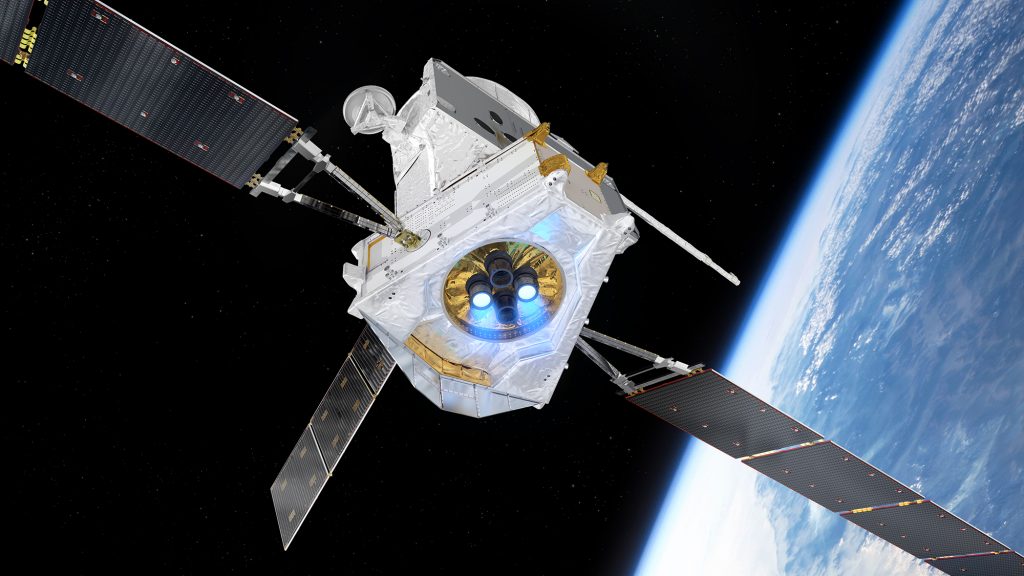Tech
NASRDA aborts 2025 satellite launch mission over lack of funds

The National Space Research and Development Agency’s (NASRDA) goal to launch a satellite from Nigeria in 2025 is no longer realistic, according to Dr. Halilu Shaba, the agency’s director-general.
Shaba made this statement during the NASRDA Day presentation at the 8th Science, Technology, and Innovation (STI) Expo, which is currently taking place in Abuja and has as its theme “STI: Solutions to National Economic Challenges.”
He claims that even though satellite launches require a large amount of capital, the organisation is not financially prepared, but it is building the necessary capacity.
The NASRDA DG stated, “New Space: Aligning with the Renewed Hope Agenda,” while presenting a paper.
“Presently, we don’t have the window to send an astronaut to space, because it is very expensive, it is when we have the slot and make plans within five years that we can launch an astronaut.
“We cannot advise the government to train an astronaut now when we don’t have the slot, the person may probably get older and not fit for space by the time we get a slot.
“For the launch of a satellite, you don’t design a big satellite in one year, it takes up to two years.
“We have all the manpower, but the resources are not here yet, and I doubt if we can achieve that even in 2027.’’
He claims that the agency already has the desired satellite designed, and that it can soon build and launch a satellite from Nigeria with improved budgetary allocations.
Regarding the need to review the roadmap, which is anticipated to be benchmarked in 2025, the director general stated that the agency is always updating it to reflect current circumstances, including fluctuations in exchange rates.
“Space programmes are all-encompassing and the agency, over time, has been developing some space spin-offs that are impacting the economy,” he said.
The DG mentioned that Nigeria continues to provide imagery for the nation, Africa, and other countries worldwide from its operational satellite, NigeriaSat-2, which is currently in orbit.
Other accomplishments of the agency, according to the director general, included crime mapping, geovisualization of terrorist activity in the Northeast, and the creation of a rocketry programme in partnership with the military.
“We recently estimated the population of the Abuja Municipal Area Council, using the NigeriaSat-2’s High Resolution Satellite Imagery.
“This is because we have not had a census in over ten years which is overdue. So, the estimation was to give a population idea.
“We are also monitoring earth tremors across Nigeria and Africa in collaboration with China to safeguard other African countries,’’ the DG said.
He went on to say that because satellite technology is still in its early stages of development and Nigerians will eventually benefit from it, space science and technology require precision.
Nigeria pioneered space technology for socioeconomic advancement. One of the goals of the agency’s 25-year roadmap was to launch an indigenous satellite from Nigerian soil and a Nigerian astronaut into space by 2025.







